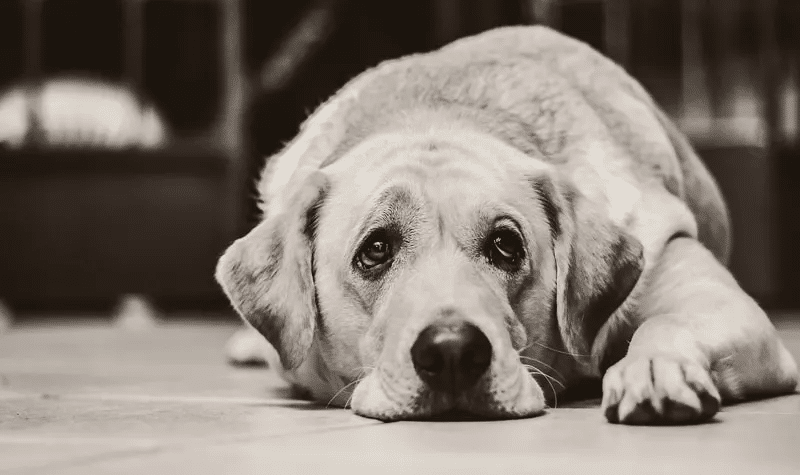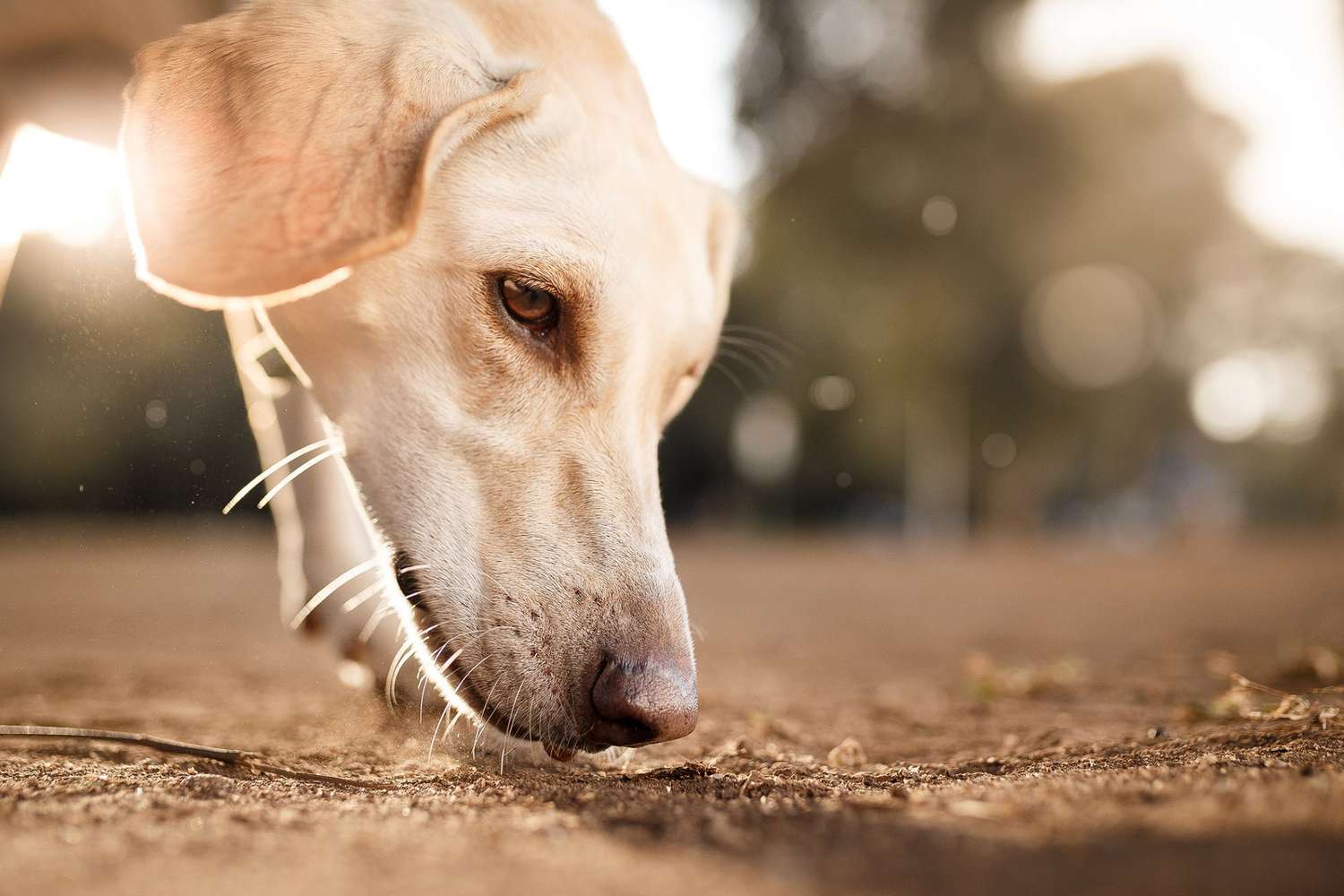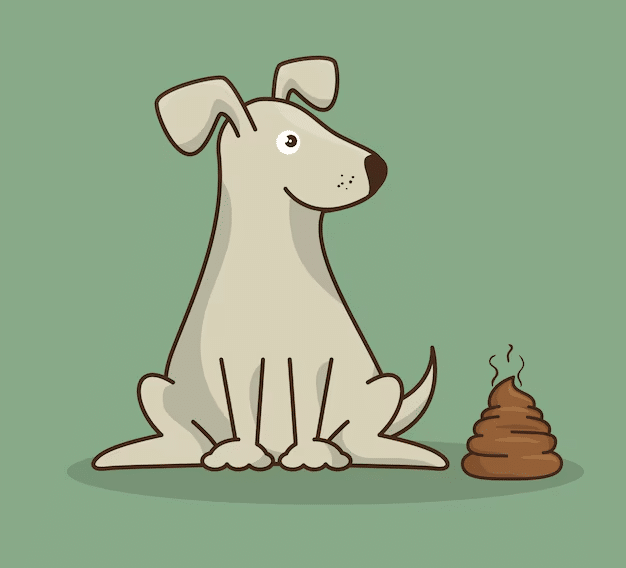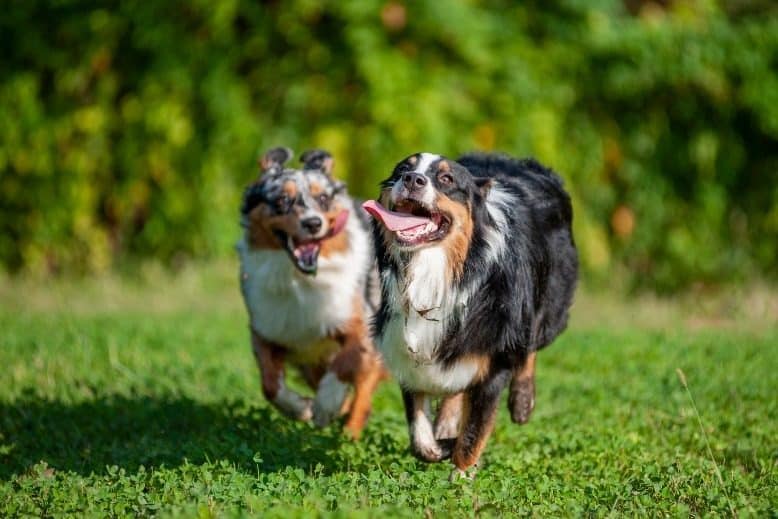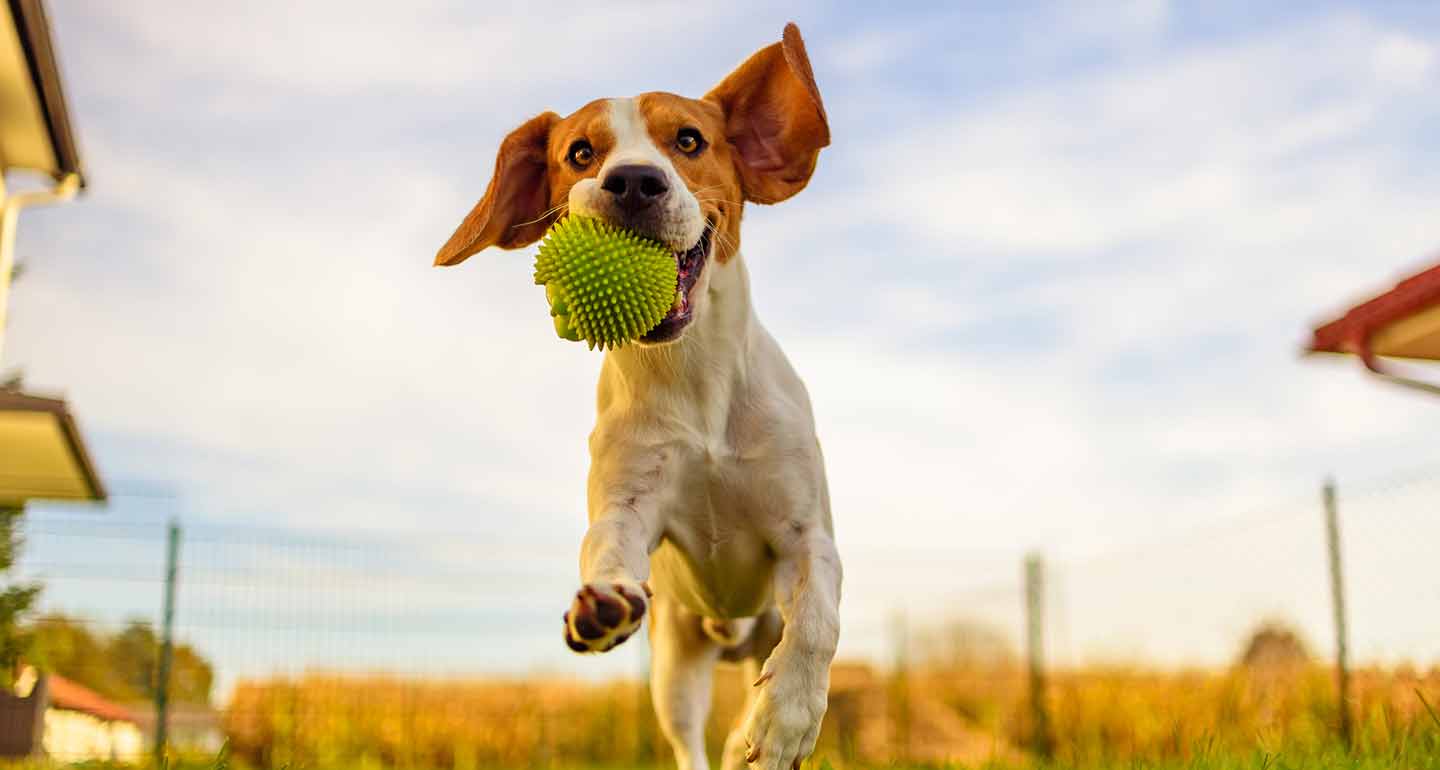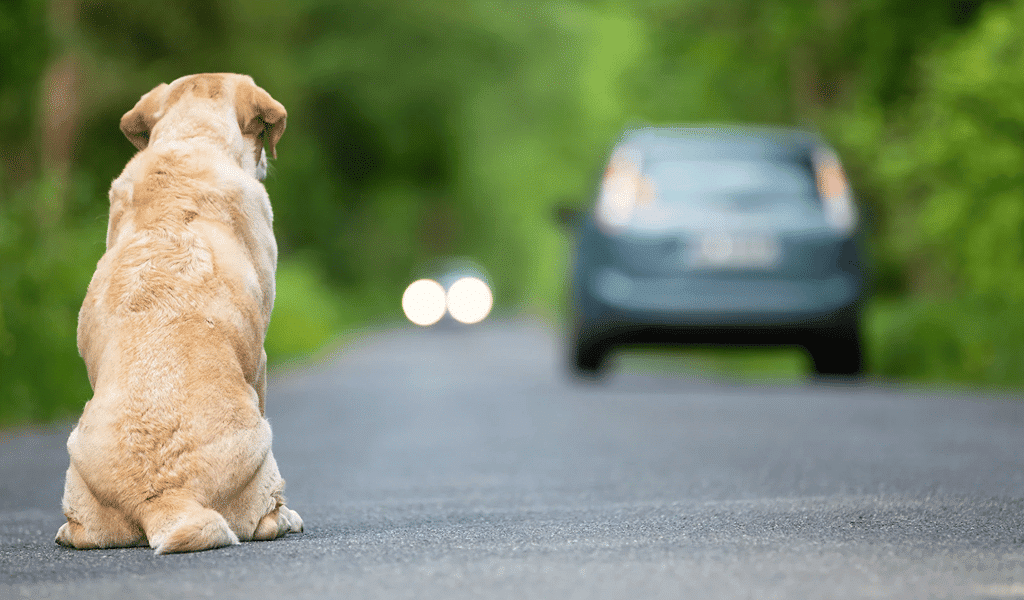Socialization is crucial for dogs of all ages, but it’s particularly important for older dogs who may have missed out on early socialization experiences or who need a refresher in their golden years. Whether you’ve adopted an older dog or have noticed that your longtime companion could benefit from more social interaction, there are plenty of ways to help your furry friend feel more comfortable and confident in various situations. In this comprehensive guide, we’ll explore expert tips for socializing an older dog, ensuring they lead a fulfilling and enriching life.
Understanding the Importance of Socialization for Older Dogs
Socialization isn’t just about teaching your dog to get along with other animals; it’s also about helping them navigate various environments, situations, and stimuli with confidence and ease. For older dogs, socialization can provide mental stimulation, reduce anxiety, and even improve overall well-being.
- Patience is Key: When socializing an older dog, patience is crucial. Remember that older dogs may have ingrained behaviors or past experiences that influence their reactions to new situations. Take your time and allow your dog to progress at their own pace.
- Start Slowly: Introduce your older dog to new people, animals, and environments gradually. Begin with calm, low-stress settings and gradually increase the level of stimulation as your dog becomes more comfortable.
- Positive Reinforcement: Use positive reinforcement techniques, such as treats, praise, and toys, to encourage desirable social behaviors. Reward your dog for remaining calm and relaxed in social situations, and avoid punishing or scolding them for anxious or fearful reactions.
- Expose Them to Different Environments: Expose your older dog to a variety of environments, including parks, cafes, and pet-friendly stores. This exposure can help them become more adaptable and confident in different settings.
- Enroll in Training Classes: Consider enrolling your older dog in obedience or socialization classes specifically designed for senior dogs. These classes can provide structured socialization opportunities in a controlled environment, allowing your dog to learn and grow alongside their peers.
- Arrange Playdates: Arrange playdates with other friendly, well-behaved dogs in a safe and supervised setting. These interactions can help your older dog learn appropriate social cues and develop positive relationships with other animals.
- Be Mindful of Their Limits: Pay attention to your older dog’s physical and emotional limits during socialization activities. Avoid overwhelming them with too much stimulation or forcing them into uncomfortable situations.
Socializing an older dog may require patience, consistency, and understanding, but the benefits are well worth the effort. By following these expert tips and techniques, you can help your canine companion feel more confident, relaxed, and socially adept in various situations. Remember to approach socialization with compassion and empathy, and celebrate each small victory along the way. With time and dedication, you can help your older dog thrive and enjoy a fulfilling life filled with positive social interactions and enriching experiences.
